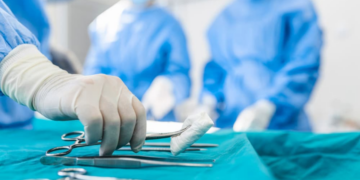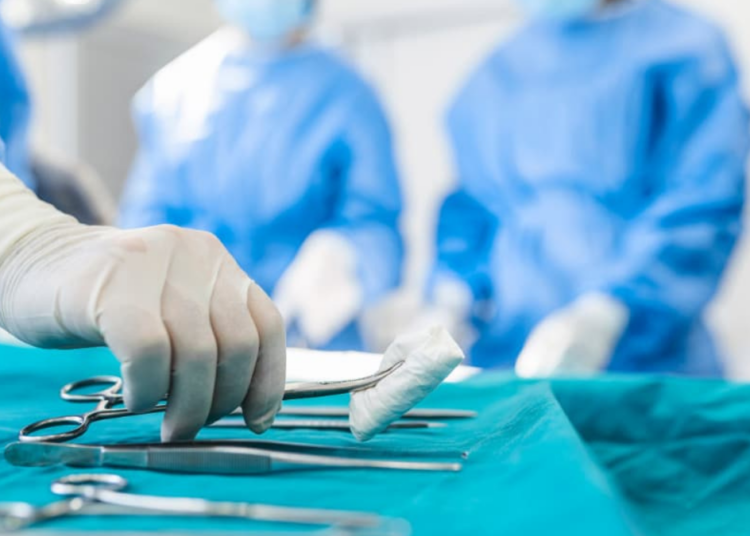Last updated on October 24th, 2023 at 03:14 am
Pennsylvania has allocated over $20 million for transgender surgeries, hormone treatments, and related services for children and young adults since 2015, as indicated by recently disclosed public records. From 2015 through July 28 of this year, the state utilized more than $19.8 million in tax revenue to cover the costs of puberty blockers, cross-sex hormones, and transgender surgeries for individuals aged 18 and below through state insurance programs. This financial commitment included significant expenses, such as almost $14,000 per day spent on transgender medical services for youth in the previous year, facilitated through programs like Medicaid and the Children’s Health Insurance Program (CHIP), according to information provided by the Pennsylvania Department of Human Services to the Pennsylvania Family Institute, a nonprofit advocating family values. Estimates suggest that the total now exceeds $20 million.
Pennsylvania Family Institute President Michael Geer commented on the findings, stating, “This shocking report reveals Pennsylvania taxpayers are being forced to fund harmful drugs and surgeries on children, sending millions of dollars every year to carry out detrimental and irreversible procedures upon minors.” The statistics also indicate an astounding increase of more than 8,200% in funding for transgender services in Pennsylvania since 2015, with early data suggesting continued growth in funding.
Geer expressed strong opposition to the use of taxpayer funds for state-sponsored child mutilation, emphasizing that “Not one penny of funding should be used to advance this type of harmful activity.” Several Pennsylvania children’s hospitals, including the Children’s Hospital of Philadelphia, UPMC Children’s Hospital of Pittsburgh, and PennState Health Children’s Hospital, offer “gender-affirming” medical services, though not all provide the same range of services.
Over recent years, critics have raised concerns about the lasting effects of gender hormone treatments and surgical procedures, especially when applied to children. Both puberty blockers and cross-sex hormones carry substantial health risks, impacting bone growth, sexual function, voice, fertility, and more. Cross-sex hormones can lead to infertility, blood clots, heart problems, increased cancer risks, liver dysfunction, worsening psychological issues, and other serious conditions.
The number of gender-affirming surgeries in the United States nearly tripled from 2016 to 2019, highlighting a significant trend. During 2016, approximately 4,550 procedures were performed, while that number surged to around 13,000 in 2019. Notably, hundreds of girls in the U.S., some as young as 12, have undergone elective, gender-related double mastectomies to remove their healthy breasts in recent years. Meanwhile, the adoption of new gender identities among youth is on the rise, with an estimated 300,000 minors aged 13 to 17 identifying as transgender as of the previous year.




















Discussion about this post